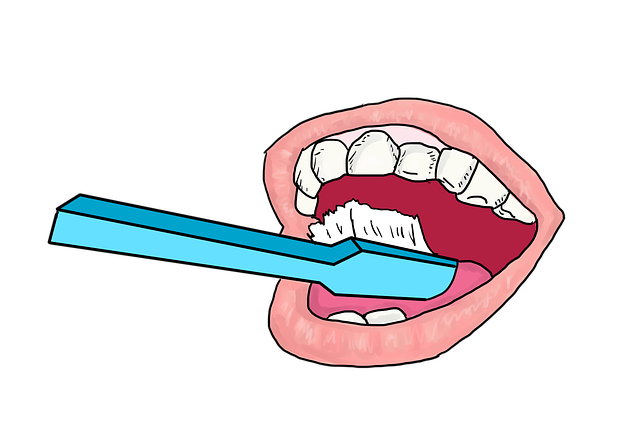Individuals with dental anxiety in Eugene, Oregon, have access to sedation dentistry services from trained professionals. This approach offers various techniques, including local anesthetics, oral sedatives, and general anesthesia, for procedures ranging from cleanings to surgeries. By understanding their options and openly communicating with their dentist, patients can select the best sedation method tailored to their needs, ensuring a more comfortable and stress-free dental experience with even complex procedures managed by a general anesthetic dentist.
Sedation Dentistry in Eugene, Oregon: Overcoming Dental Anxiety for a Calm Experience
Are you seeking relief from dental anxiety? Eugene, Oregon, offers advanced sedation options to transform your dental visits. This article explores the world of sedation dentistry, providing insights into how it can calm even the most anxious patients. From understanding general anesthetic techniques to choosing the right level of sedation, we guide you through the process. Find out how a sedation dentist in Eugene can make your dental care journey stress-free and comfortable.
- Understanding Sedation Dentistry: A Calm Experience for Anxious Patients
- Popular Sedation Methods Available at Eugene Oregon Sedation Dentists
- Choosing the Right Sedation Level: Numbing the Fear, Not Your Sensations
Understanding Sedation Dentistry: A Calm Experience for Anxious Patients

Sedation dentistry offers a unique and calming experience for patients experiencing dental anxiety. This approach aims to make routine procedures more comfortable by using various techniques, including local anesthetics, oral sedatives, or even general anesthetic. A sedation dentist in Eugene, Oregon, is trained to provide these services, ensuring patients remain relaxed and stress-free throughout their visit.
For those with a fear of dentists or intense anxiety, traditional dental care can be overwhelming. Sedation dentistry steps in as a solution, allowing individuals to receive necessary treatment without the usual worry and discomfort. This method has proven effective for various procedures, from simple cleanings to more complex surgeries, making it an excellent option for anyone seeking a relaxed and controlled dental experience.
Popular Sedation Methods Available at Eugene Oregon Sedation Dentists

In Eugene Oregon, patients suffering from dental anxiety have several sedation options available to them through dedicated sedation dentists. Popular methods include conscious sedation, where sedatives are administered orally or intravenously to reduce anxiety and discomfort without causing a complete loss of consciousness. This allows patients to remain awake but in a state of deep relaxation, making procedures more manageable.
For those requiring a deeper level of anesthesia, general anesthetic dentistry is also offered. General anesthetics put patients into a fully sedated state, similar to sleep, eliminating any sensation or awareness during dental procedures. This method is commonly used for extensive treatments or complex cases where patient comfort and cooperation are essential. Sedation dentists in Eugene Oregon are trained to provide these services safely and effectively, ensuring patients experience less stress and more comfortable dental care.
Choosing the Right Sedation Level: Numbing the Fear, Not Your Sensations

When considering sedation options for dental anxiety in Eugene, Oregon, it’s crucial to understand that different levels of sedation cater to various degrees of fear and discomfort. A sedation dentist in Eugene Oregon offers a spectrum of choices, from mild sedatives that help relax patients to stronger general anesthetics for more complex procedures. The goal is not to numb your senses but to alleviate the fear and anxiety associated with dental work.
Choosing the right level of sedation depends on factors like the procedure’s complexity, your personal comfort level, and any pre-existing medical conditions. Talking openly with your dentist about your fears and expectations can help them recommend the most appropriate approach, ensuring a comfortable and efficient experience. For minor procedures, topical anesthetics or oral sedatives might be sufficient. More extensive work may require deeper sedation or general anesthesia provided by a general anesthetic dentist.
